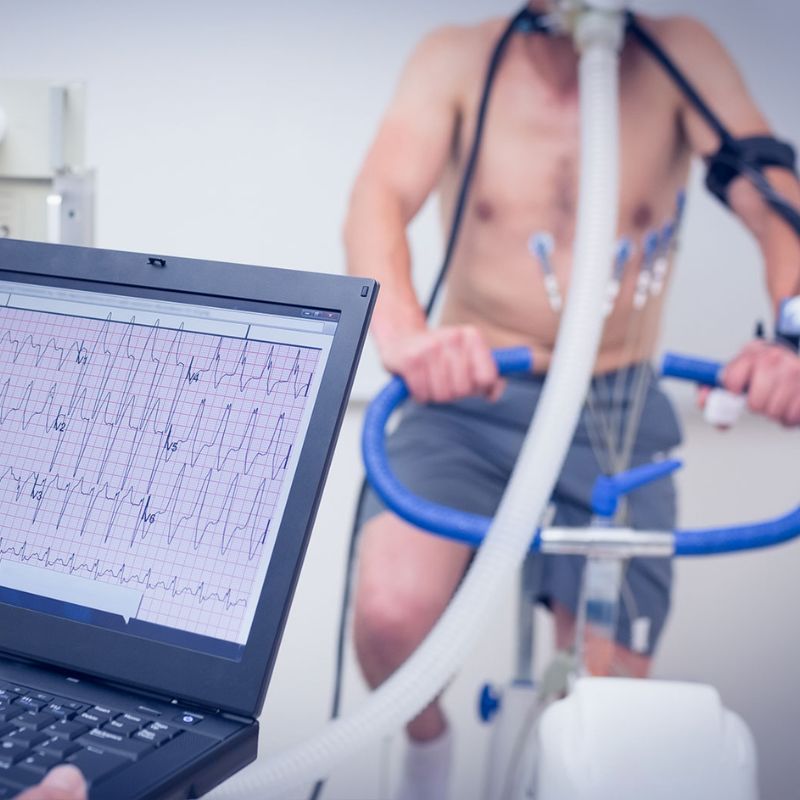
The Master of Science in Physiology is a specialized program designed to deepen the understanding of biological functions in humans and other organisms. This course equips students with a comprehensive knowledge of physiological processes at molecular, cellular, and systemic levels. By integrating theoretical and practical training, graduates will be prepared for various roles in research, healthcare, and education. This program emphasizes critical thinking, analytical skills, and a strong foundation in experimental methods, making it ideal for those aspiring to contribute to advancements in medical science and health.
The M.Sc in Physiology program typically includes the following core subjects and electives:
Core Subjects:
Elective Subjects (Examples):
Practical Training:
Thesis/Research Project:
To enroll in the M.Sc in Physiology program, candidates typically need to meet the following requirements:
Educational Qualifications:
Minimum Grade Point Average:
Entrance Exam (if applicable):
Letters of Recommendation:
Personal Statement:
Interview: